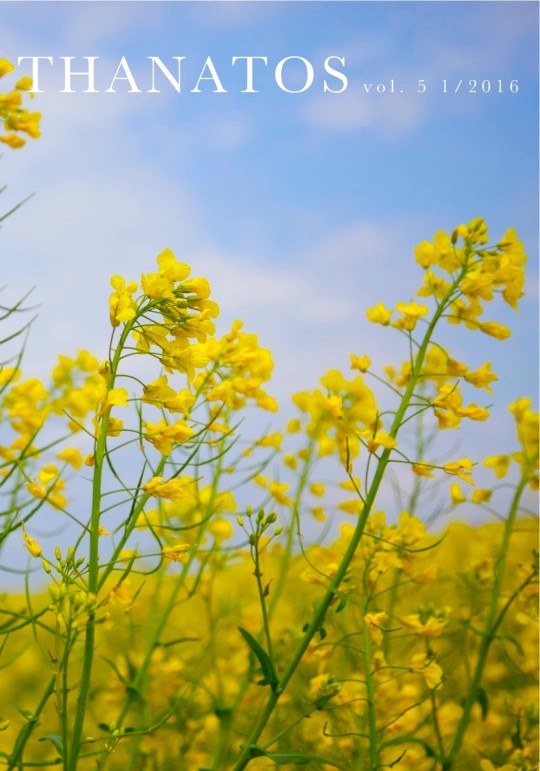Reminder of the Dark Heritage of Humankind – Experiences of Finnish Cemetery Tourists of Visiting the Norvajärvi German Cemetery
Keywords:
Second World War,, Lapland War, Dark Heritage, dark tourism, difficult history, cemetery tourism, cemetery, thanatourism, historical consciousness, history hobbyist, experience, phenomenology, sensory ethnography, blogAbstract
In this article I examine the experiences of Finnish people visiting the Norvajärvi German cemetery, located 18 kilometers north of Rovaniemi town center. In the Second World War (WWII), Finland cooperated with Germany allowing German troops to operate against the Soviet Union out of Finnish territory from 1941. As a result of warfare in Northern Finland’s frontiers, about 15 000 German soldiers died between 1941 and 1945. Towards the end of WWII, Finland turned against Germany and the so-called Lapland War began between the former brothers-inarms in 1944 resulting in a relatively low loss of life, but large-scale devastation of northern Finland when German troops resorted to ‘burning down Lapland’. These events have left traumatic memories for Lapland residents. The Norvajärvi cemetery was founded in 1963 and is the only official commemoration site and monument of the WWII German presence in Finnish Lapland. The main research material of this article comes from online media in which visitors, whom I term ‘cemetery tourists’, introduce and reflect on their experiences of visiting the cemetery, as well as interviews with local agents who take part in conserving the WWII heritage. In addition I have interviewed some of the Rovaniemibased guides who take tourists to see the site. I ask what motivations drive people to visit the site and how they describe the experience. How do the visitors see and relate to Lapland’s German past and its ‘dark’ heritage? I analyze the blog materials and images as well as my own experiences of visiting the cemetery using a phenomenological framework and paying attention to sensual experiences and reflections. It seems that the cemetery tourists who visit Norvajärvi German cemetery are well aware of the difficult history and the dark heritage of the Lapland War. The visit to the site deepens the visitor’s understanding of WWII and results in reflections over the consequences and irrationality of war.
Downloads
Published
Issue
Section
License
Copyright (c) 2023 Eerika Koskinen-Koivisto

This work is licensed under a Creative Commons Attribution-NonCommercial-NoDerivatives 4.0 International License.





